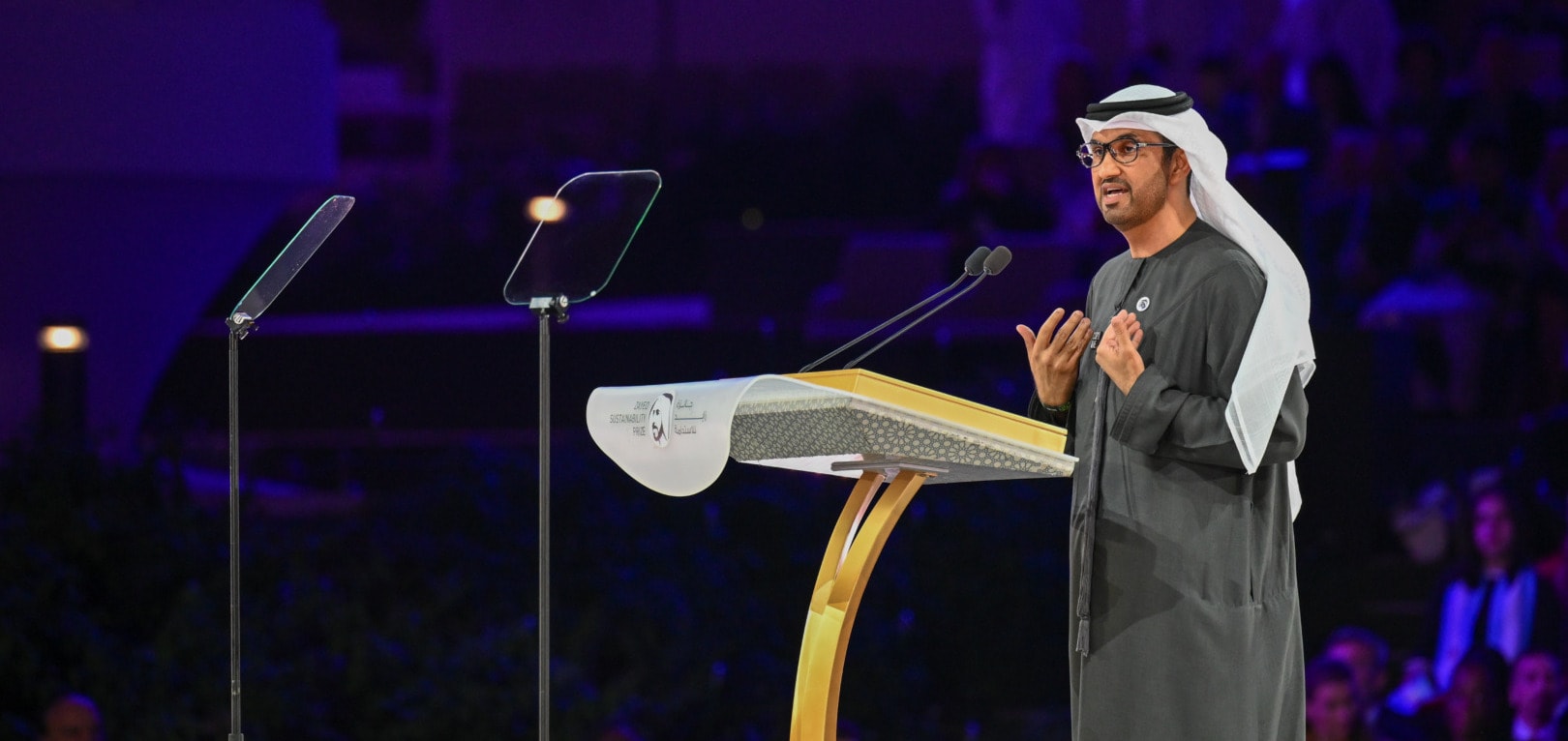According to recent World Bank data, a warmer climate could lead to at least 21 million additional deaths by 2050, attributable to five main health risks: Extreme heat, stunting, diarrhea, malaria, and dengue.
Meanwhile, by 2030, the health-related impacts of climate change will force 44 million more people into extreme poverty, the Bank estimates.
Recognizing that “preventing these deaths requires immediate action to reinforce health systems,” and aiming to mitigate the escalating health impacts posed by climate change in low- and middle-income countries, the World Bank announced on December 3 the launch of a new Climate and Health Program.
The program, unveiled at COP28, will “help countries to assess their climate and health vulnerabilities, increase investments in climate-resilient health systems, and work with partners to mobilize additional financing, evidence, and collective action to reduce the impacts of climate change on people’s health and livelihoods,” the World Bank writes.
The objective is to curtail the far-reaching impacts of climate change on the health and livelihoods of millions of people.
“Climate change amplifies health risks, creating a cycle of ill health and poverty with far-reaching consequences for human capital development,” said World Bank Vice President for Human Development, Mamta Murthi.
“Through the Climate and Health Program, the World Bank will use its knowledge and financing to help countries address health risks stemming from climate change, work across related sectors, and bring together partners to maximize financing and harmonize investments and actions,” Murthi adds.
As the Bank explains, at the core of the Climate and Health Program lie commitments to “generate evidence on the most cost-effective interventions to tackle the climate and health crisis;” boost financing for sustainable and resilient health systems; and build partnerships to make stronger impact.
Among other things, this involves systematically assessing climate-related health vulnerabilities in developing countries, identifying “best buys” for climate and health, and informing targeted investments.
Related Articles: COP28: Climate Finance in the Spotlight | World Bank to Spend 45% of Its Financing on Climate-Related Projects | COP28: Danish Investment Firm Launches $3 Billion Clean Energy Fund
It also includes channeling funds into “country-tailored and evidence-based” solutions, and scaling up investments in low-carbon resilient health systems through the Bank’s $34 billion health portfolio active in over 100 countries.
The investments, according to the Bank, will “focus on better surveillance and early warning systems, improving health service delivery in the face of climate-driven disease patterns, climate-proofing health facilities, and strengthening health worker capacity.”
Moreover, the World Bank is set to collaborate closely with global health entities such as the World Health Organization, Gavi, The Global Fund, foundations, and others to “maximize impact by supporting global, regional, and country efforts to scale up climate-health action.”
Editor’s Note: The opinions expressed here by the authors are their own, not those of Impakter.com — In the Featured Photo: Speakers onstage at the Accelerating Climate Action Session at Al Waha Theatre during the UN Climate Change Conference COP28 at Expo City Dubai on December 3, 2023, in Dubai, United Arab Emirates. Featured Photo Credit: UN Climate Change / COP28 / Mahmoud Khaled.














